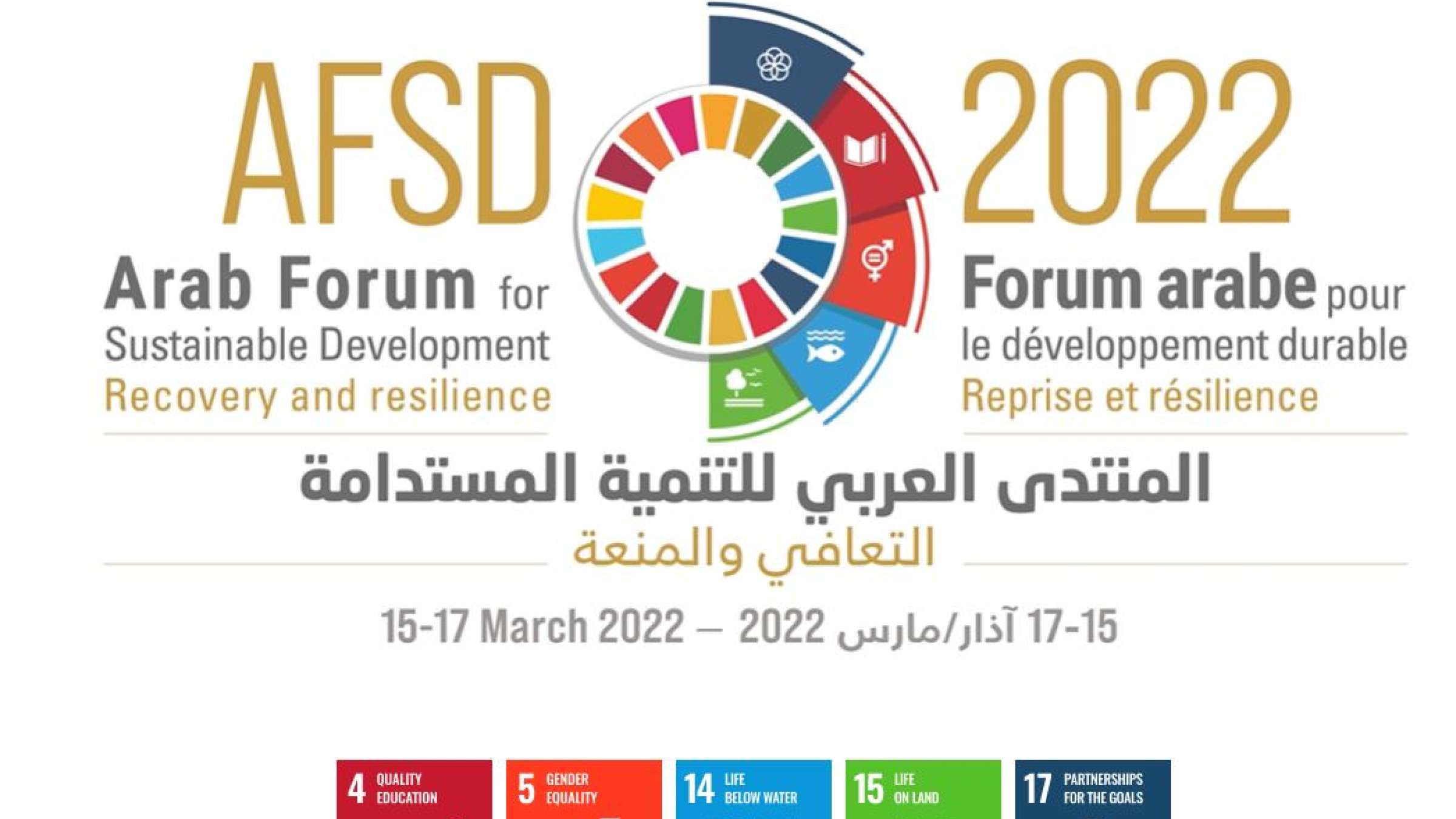Building Urban Resilience to COVID-19 and Climate Change through Innovative solutions

- Arabic
Cities around the world have been the epicenters of the COVID-19 pandemic, accounting for an estimated 90% of confirmed cases, thus have been dealing firsthand with the devasting loss of lives and the pandemic’s serious socio-economic impact. Cities facing long-standing development gaps and challenges have been particularly hit hard, confronting increased pressures posed by diminished revenue and financial resources, weak local governance systems and structures, lack of digital access and connectivity, ill-equipped or under-resourced frontline healthcare workers, and poor infrastructure and inadequate housing, among others.
Despite the negative impact of cities having been to different disasters, it also offers opportunities and continuous innovative responses to confront shocks and stresses while strengthening adaptive capacity resilience through various ways. Local governments and communities are building urban resilience as a pillar of the recovery from the pandemic and confronting climate threats.
This session, co-organized by UNDP, UN-Habitat, and UNDRR will highlight city-level innovative solutions to build resilience. It will introduce four successful responses in Arab cities with diverse challenges, contexts, and income levels (high, middle, conflict) to support in recovering and building resilient cities through focusing on four thematic areas: climate/water, infrastructure, health/medical waste management, institutional response/ e-governance) and education.
Objective:
This special session will explore innovative solutions from cities and local governments as they recover from the COVID-19 pandemic and face the impacts of climate change.
Contribution to the theme of AFSD-2022:
Achieving SDGs will be through successful implementation at the local level. Despite the challenges, the emerging local response of resilience demonstrates how local governments and communities are finding innovative solutions to mitigate the health and socio-economic impact of the Covid-19 pandemic while responding to climate change. Local leaders in Arab countries are at the forefront of bold efforts to build urban resilience and improve the lives and prospects of their communities. The “Decade of Action” will lean a great deal on the generation of people-centric cities that balance inclusion with competitiveness, and sustainability with prosperity. The session will explore the innovative solution of four thematic areas of urban resilience: climate and water, infrastructure, health/medical waste management, the institutional response through digitalization (e-governance), and education contributing to the theme of AFSD-2022 through calling for innovative solutions while highlighting SDG 4, 6, 11, 13,14 and 15.
UAE ARISE board member Dr. Raza Siddiqui, CEO of Arabian Healthcare Group and Executive Director of RAK Hospital, UAE presented the Private sector role in Build Back Better from COVID-19
Target Audience:
- ESCWA Member States
- Local authorities
- UN agencies
- Civil Society
- Researchers
- Development practitioners and experts
Watch the recorded session here

